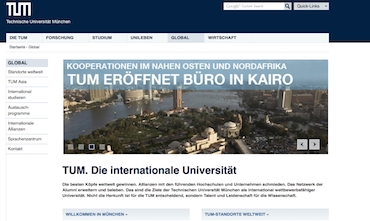A traffic light labelling system, such as that used on food, would create a false sense of security if applied to financial products.
That is the conclusion of European scientists who looked at what effect the system would have if adopted by the finance sector.
Technische Universität München researchers said it was the first time the effect of traffic light labelling of financial products had been tested.
Test subjects paid less attention to the uncertainty associated with the return on an investment when a traffic light label was added to the product information.
Food 'traffic lights' are meant to enable consumers to identify the nutritional advantages and disadvantages at a glance.
Applying the traffic light labelling system to investment products has been discussed since the financial crisis.
Scientists found that test subjects purchased investments they previously deemed unsafe.
When informed initially of variance in the potential returns they deterred from the investment.
{desktop}{/desktop}{mobile}{/mobile}
However, when the average potential return was also indicated by a traffic light, the consumers were more willing to invest.
The researchers said this was the halo effect - a positive attribute outshines everything else.
Professor Jutta Roosen, the chair of Marketing and Consumer Research at the TUM said: "In this case, the labelling has a simplifying effect.
"The traffic light creates a false sense of security and prompts consumers to ignore more complex product information.
"The consumers trust the traffic lights. Therefore, considerable care should be taken to ensure that the labelling does not give rise to distorting effects that could bias consumer decisions.
"This is particularly applicable to complex products like financial investments."
The study has been published in the International Journal of Consumer Studies.

